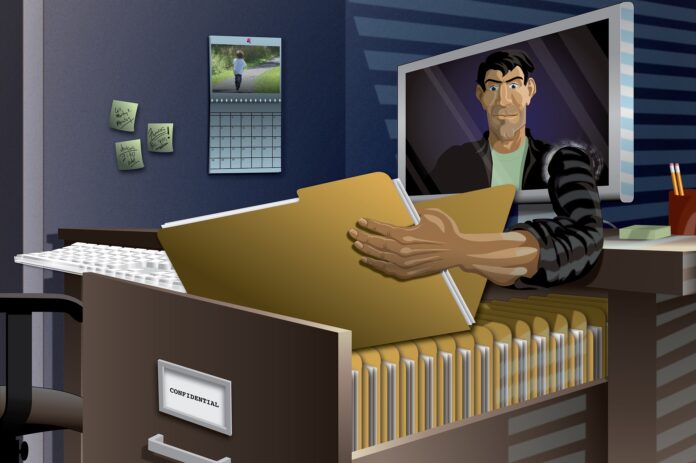Shockingly, last year over 25 million people had their identities stolen. Anyone may fall victim to identity theft, but the elderly, who have worked a lifetime to build their money and credit, are a particularly vulnerable group.
Many factors contribute to the prevalence of elder identity theft. Compared to younger individuals, they are more likely to know the identity thief and trust strangers. Since they are less likely to suspect family members of the crime, they are easy prey for identity thieves online, over the phone, or even in their homes.
You can take several steps, either as an aged person or as a concerned family member, to safeguard your personal information and avoid being a victim of identity theft. Here are four ways to protect your elderly loved one’s identity and avoid being a victim of identity theft.
Maintain a Secure Online Presence
Because of their limited Internet security knowledge, seniors should exercise caution when using the Internet. This includes responding to spam emails with personal information and using a bank’s online banking system.
Tell them to avoid opening attachments from unknown senders and perform all their banking in person. They should also protect their computer with security software, or consider reviewing the various Life Lock plans to help prevent access to sensitive data.
Put a Hold on Your Credit
You should also put a freeze on your credit. The elderly may protect themselves from identity theft by forcing a credit freeze. A credit freeze can be requested by contacting any of the three major credit bureaus (TransUnion, Equifax, and Experian) on behalf of a family member.
You will need to supply your complete name, current address, SSN, a copy of your government-issued ID, and a recent bank statement, insurance declaration, or utility bill.
Place a freeze on your credit report. No new credit accounts (such as loans, bank accounts, rental agreements, or high-interest credit cards) will be able to be opened in your name without your explicit approval and password being provided to the credit reporting agency.
Reduce Your Junk Mail
Junk mail is simple to disregard, but many people need to realize the potential dangers the information may contain. Reduced or eliminated junk mail minimizes identity theft chances like pre-approved credit card offers.
Shred any promotional material that contains personal information to help protect seniors against identity theft. Keep in mind that you are making it easier for identity thieves to target your family by disposing of this letter in the garbage.
Do not make personal details public.
The most sought-after information by identity thieves who target the elderly is credit card numbers, Medicare card numbers, and Social Security numbers. Medicare statements and other sensitive documents should be stored in a fireproof safe or fireproof safe deposit box and shredded once the senior has received their treatments.
Their Medicare card is all they need to show doctors, and they should never show their Social Security card.
Conclusion
Consistently, identity thieves prey on many seniors’ apprehension about losing their Social Security and Medicare payments. When asked for their Medicare information, a senior adult may give it to the kind face at the door, the stranger on the other end of the phone, or the stranger at the computer screen, thinking they are just doing their job.
However, a popular method of stealing Medicare information from the elderly is for a fraudster to phone the victim and pretend to be from Medicare. The thief poses as a Medicare representative seeking confirmation of the victim’s account number to collect benefits. He then makes off with the number and other personal data he needs to assume a new identity.
If your senior relative is enrolled in Medicare, they must know the Medicare office will never contact them through phone, email, or person to request this proof.




























